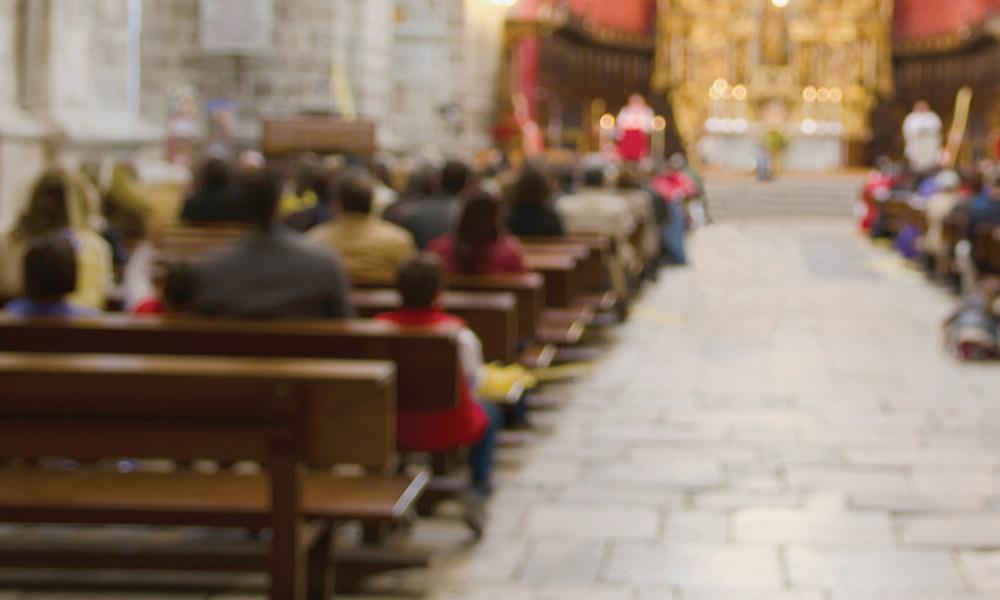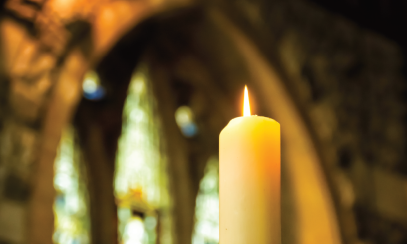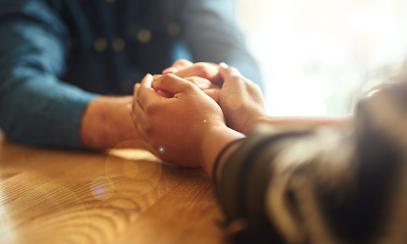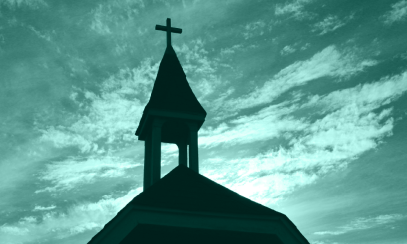
Dear Father Joe: I Hear People Say We Need to Be More Reverent at Mass
A. Great question! For those just tuning in, this was a follow-up question to one I answered previously about the Mass. Let’s get right to it!
First things first, you simply have to remember that the desire to be reverent at Mass is holy. That’s your gift to God. He sees your hunger to do justice to and for him and treasures it. There will be a lot of people (usually the loud ones) who will tell you that you have to be a certain way or do things a certain way. I invite you to relax and remember that God sees your heart. He sees how much you want to love him in the way he deserves.
Let’s start with the definition of reverence. It’s really cool.
We took it from the Latin for respect. The word “respect” is, in and of itself, really neat because it’s two different words stuck together: re and spectare. Re means “again.” Spectare means “to look at” (think of spectators or spectacles).
So, when we are asked to be respectful or reverent, we are being asked “to look again.”
- We look again at where we are: a sacred place, doing a sacred thing.
- We look again and see in the readings the sacred word of God spoken to us.
- We look again and see in the host the very presence of the Living God.
- We look again and see the diversity of people around the body of Christ.
It’s an amazing thing to do.
For you and I to be reverent is to commit ourselves to not letting the familiarity of Mass lead us into unintentional disrespect. We need to remember to look again at where we are and what we are doing.
Now, we’ll quickly look at how to use our body and mind to help us be more reverent at Mass.
Let’s start with the mind.
For me, I’m a spacey guy and I carry a lot in my head. Because of that, I can catch myself “drifting” at Mass. When I was younger, I used to panic and get mad at myself for that. I’d catch my mind in mid-drift and almost yell inside my head “STOP! FOCUS!”
My spiritual director at seminary taught me that mind drift is a normal reality and if I violently rebuke myself or if I get angry/frustrated, all I’ve succeeded in doing is pulling myself further away from the celebration.
Now, when I catch myself “in the drift,” I acknowledge and say, “Come, Holy Spirit.” I ask God to help me focus and get right back on track.
Also, we can use our mind to help us be reverent by investing a little time before Mass to get ready: Look up the readings for next Sunday’s Mass and read them every day that week to prepare. If you’re feeling saucy, look up some commentaries about the readings and try to get the context of it all.
Reverence takes some discipline and patience. Crying kids and the motions of people are only distractions if we let them be. Pray for struggling parents. Pray for people who are around you. Let every invitation to be irritated be a chance to pray. Don’t focus too much on what you wish was happening; focus on what is happening. Our God was born in a barn during a census; chaos doesn’t bother him at all.
Let’s look at how we can use our bodies to increase our reverence.
Part of the genius of Catholicism is its recognition that we humans are body/soul unities. In some ways, our bodies are the portals to our souls. As physical creatures who worship a God we cannot see, it’s so helpful that our sacred Mass incorporates our bodies into it.
When we walk into Church, we should make a slow genuflection. Find the tabernacle, look toward it, and (if you can) put one knee on the ground, while the other is up. The quick-dip genuflections rarely get done the very thing they can help us accomplish: I am doing something unusual with my body because I am doing something unusual; I’m in a place unlike any other.
Allow this thoroughness with our gestures to carry all through Mass. Do no motion without thought. Do nothing quickly and thoughtlessly. Pray for the discipline to truly engage our minds.
We don’t kneel often in everyday life. We kneel before Jesus, our savior, in the Blessed Sacrament. We kneel at the eucharistic prayers when we enter the Last Supper. We kneel because of our contrition. We stand to be attentive; we sit to listen and absorb.
I could go on and on, and any victims of my homilies will tell you that is always a possibility; but I think you get it. Our celebration is filled with opportunities to use our bodies as a tool to focus our minds and bring us back to the wonder of what we are doing.
A couple of “clean-up” points …
Make sure that, in your head, you divide your experience at Mass into two categories — things you can control/are called to control and things you cannot control or are not called to control.
There are few things more challenging and liberating because I think many times, people’s complaints about Mass are diversion tactics from the devil. He doesn’t want us to be present at the Mass we are at; he wants us to be present at a Mass that doesn’t exist.
Since the first Mass was celebrated, men and women have prayed Mass with great love and great imperfections. Our call is not to fix other people to be more like us, but to enter into the eternal sacrifice of the Mass.
I hope you find this helpful.
Enjoy another day in God’s presence.



